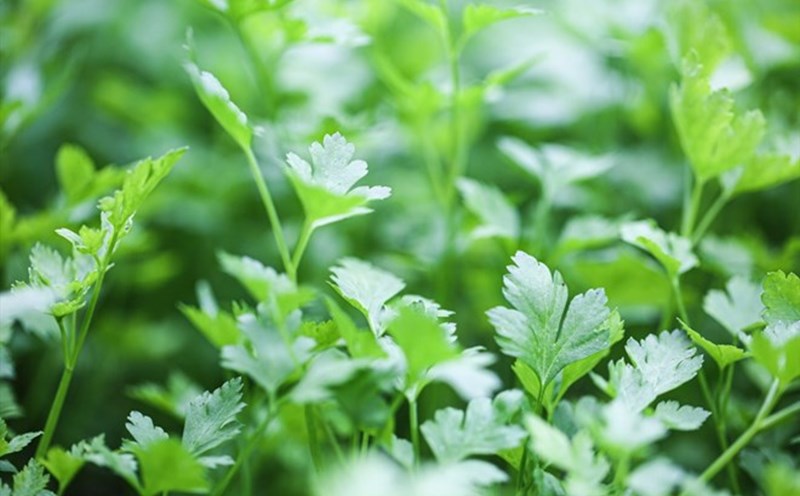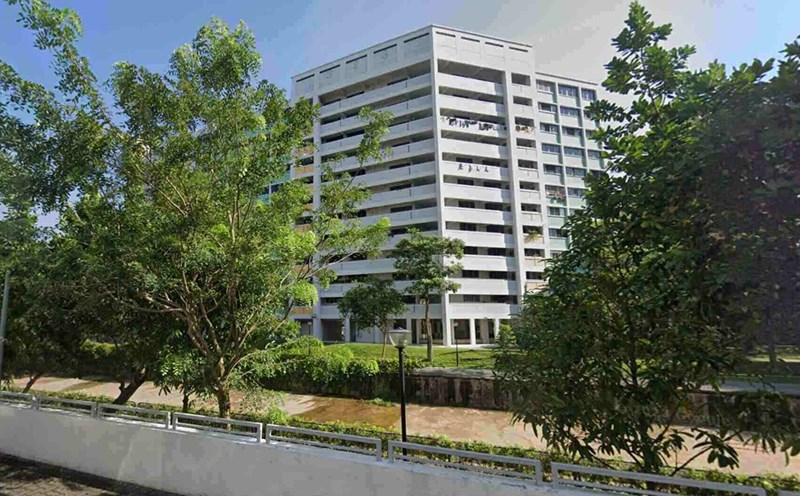Since 2008, the Ministry of Agriculture and Environment has issued regulations and encouraged production according to VietGAP standards. The Department of Crop Production and Plant Protection is assigned to designate and supervise the activities of VietGAP certified organizations for the vegetable and fruit sector.
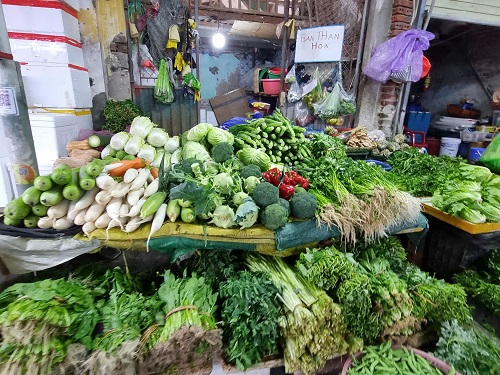
Speaking with Lao Dong, Mr. Nguyen Quy Duong - Deputy Director of the Department of Crop Production and Plant Protection (Ministry of Agriculture and Environment) - said that up to now, the Department has not recorded any cases of units or organizations forging or arbitrarily granting VietGAP certificates without a license.
"The Department will manage the issuance of certificates according to VietGAP standards, while the traffic side will be handled by market management agencies. As far as I know, the types of vegetables in the supermarket will depend on the regulations of each supermarket. Major supermarkets all have inspection procedures, even products with labels will be subject to surprise inspections," Mr. Duong added.
On the side of the organization of the inspection and issuance of certificates, Ms. Dang Thi Huong - Certification Director of Vinacert Certification and Appraisal Joint Stock Company - said that according to current regulations, after being granted a certificate according to VietGAP standards, the inspection will usually be conducted once a year. Depending on the risk level and the nature of the business's operations, it can be monitored every 6 months, 9 months or 3 months, but commonly every 12 months.
"This creates a big problem, that if only inspected after 12 months, it is very difficult to ensure the process of maintaining product quality and safety. The certificate is only reflected at the time of issuance, and cannot ensure quality throughout the year," Ms. Huong emphasized.
In fact, although VietGAP standard certification cannot be forged, stamps and labels with traceable QR codes can still be forged or not true to reality. Most traceability is only at records and records are only at the stamp system, then stops at encouraging farmers and businesses.
"We are using static traceability stamps. To implement the standard, it is necessary to use a daily traceability stamp, but this faces many difficulties due to infrastructure and software. The static monitoring was carried out at the initial stage," admitted Mr. Nguyen Thanh Trung - Deputy Head of the Market Quality and Development Department (Hanoi Department of Agriculture and Environment).
Previously, according to the results of a 5-year periodic survey, announced in 2024 by the Department of Crop Production and Plant Protection, the VietGAP-certified area had only reached about 150,000 hectares for 6 groups of crops. Of which, vegetables are used by people every day, mainly consumed domestically, with only over 8,000 hectares out of a total of 1.15 million hectares - equivalent to 0.5 - 0.6%. This is a very modest number compared to reality.
By the end of 2024, the country will have more than 8,200 markets, 276 shopping malls and nearly 1,300 supermarkets. In particular, the supermarket is where many agricultural products with VietGAP certification are concentrated.
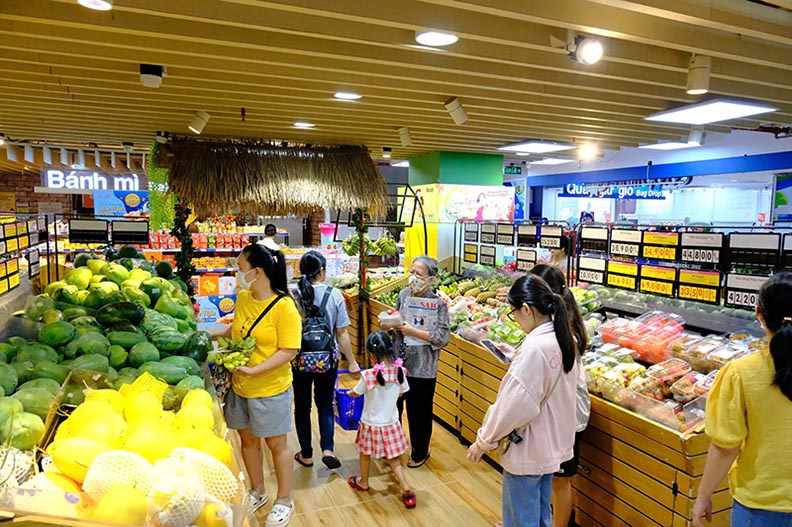
Ms. Nguyen Thi Kim Dung - Director of Co.opmart Hanoi - said that the food safety system is a key task, associated with the responsibility of the entire system. The company applies a closed three-step control strategy, selecting priority suppliers with international certifications such as VietGAP, GlobalGAP, ISO or OCOP.
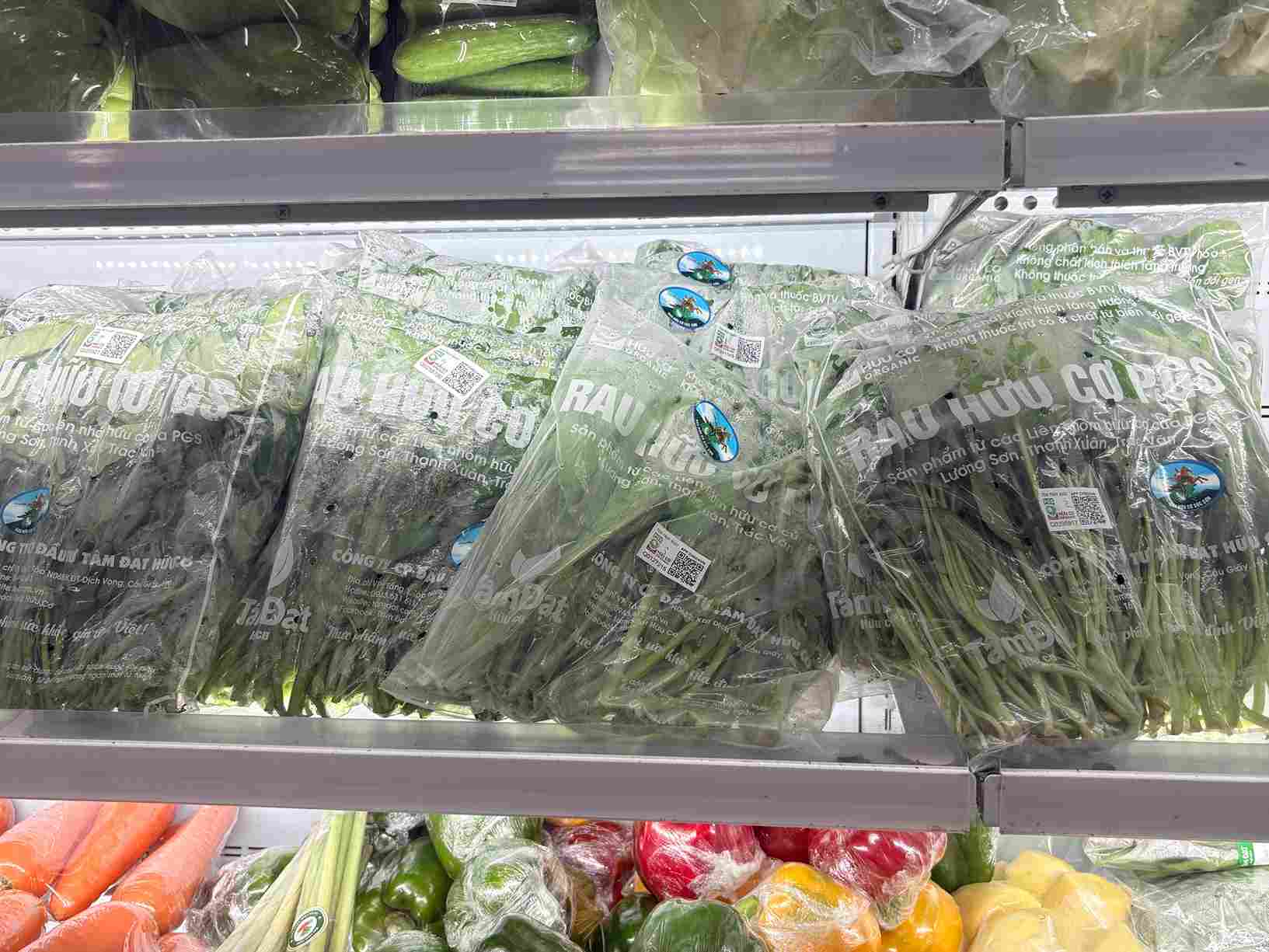
Similarly, representative of MM Mega Market Vietnam - Mr. Le Si Hien - also emphasized that before cooperating, suppliers must pass the appraisal of legal documents, production conditions and quality standards. Goods are closely monitored at warehouses and supermarkets, including sensory inspection, preservation and periodic sample collection for testing.
"If violations are detected, we will revoke the green tick, stop cooperation and report to the authorities" - Mr. Hien affirmed.



